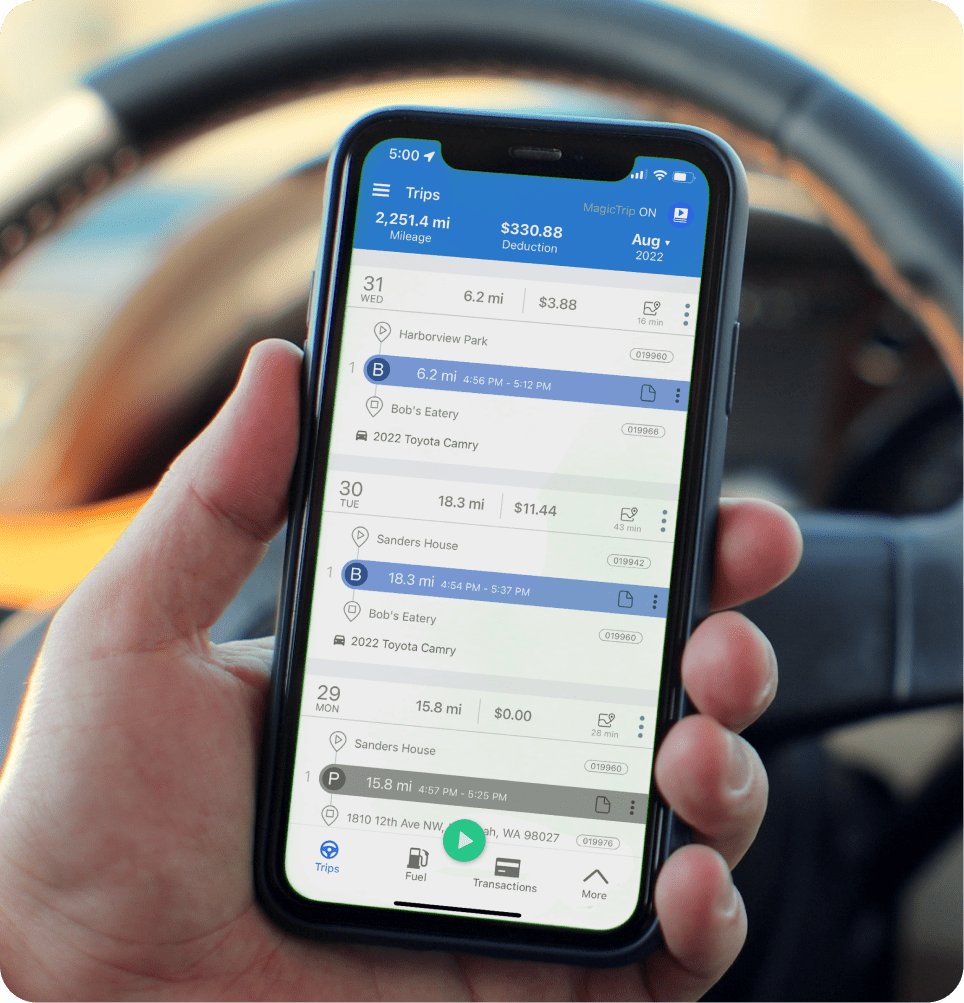Unlocking the Benefits of Mileage Rates for Travel and Finances
Wiki Article
Exploring Mileage Rates: What You Need to Know for Business and Personal Use
Mileage rates are more important than they might seem, impacting both personal and professional financial planning. Whether you're a freelancer claiming tax deductions or a entrepreneur reimbursing employees, being aware of mileage rates is essential for effective expense management.

### The Basics of Mileage Rates
Miles Rates are fixed amounts that the IRS approves for the expense of operating a vehicle for business purposes. These rates are revised annually to reflect changes in fuel prices, maintenance costs, and other relevant factors.
### The Importance of Mileage Rates
- **Tax Deductions:** Individuals and businesses can deduct mileage expenses from their tax base, considerably reducing their tax liability.
- **Paying Back Employees:** Employers can reimburse employees for work-related travel expenses using the standard mileage rate, ensuring fair compensation.
- **Expense Tracking:** Mileage rates provide a uniform method for monitoring transportation costs, simplifying expense management.
- **Budgeting and Forecasting:** By understanding mileage rates, people and companies can plan more effectively for travel expenses and make informed decisions about travel plans.
### How to Use Mileage Rates
1. **Identify Work-Related Travel:** Precisely track the business miles driven for each trip.
2. **Use the IRS Rate:** Multiply the overall business miles by the current standard mileage rate set by the IRS.
3. **Document Trips Thoroughly:** Keep detailed records of all business trips, including dates, starting and ending points, and the reason of each trip.
4. **Stay Updated:** The IRS revises the standard mileage rate annually, so make sure you are using the most current rate for your tax year.
### Other Ways to Calculate Mileage
While the IRS standard Miles Rates is commonly applied, there are alternative methods for calculating mileage expenses:
- **Real Expense Approach:** This method allows you to deduct the actual costs associated with operating your vehicle, such as gas, oil, repairs, and insurance. However, it requires meticulous record-keeping and may be harder to calculate.
- **Flat Rate Per Mile:** Some businesses may set up their own flat rate per mile for employee reimbursements, which can differ based on elements like vehicle type and local fuel prices.
Understanding mileage rates is vital for anyone who uses a vehicle for business or personal purposes. By carefully tracking mileage and applying the appropriate rates, you can optimize your finances, lower tax liabilities, and ensure fair compensation for travel expenses.